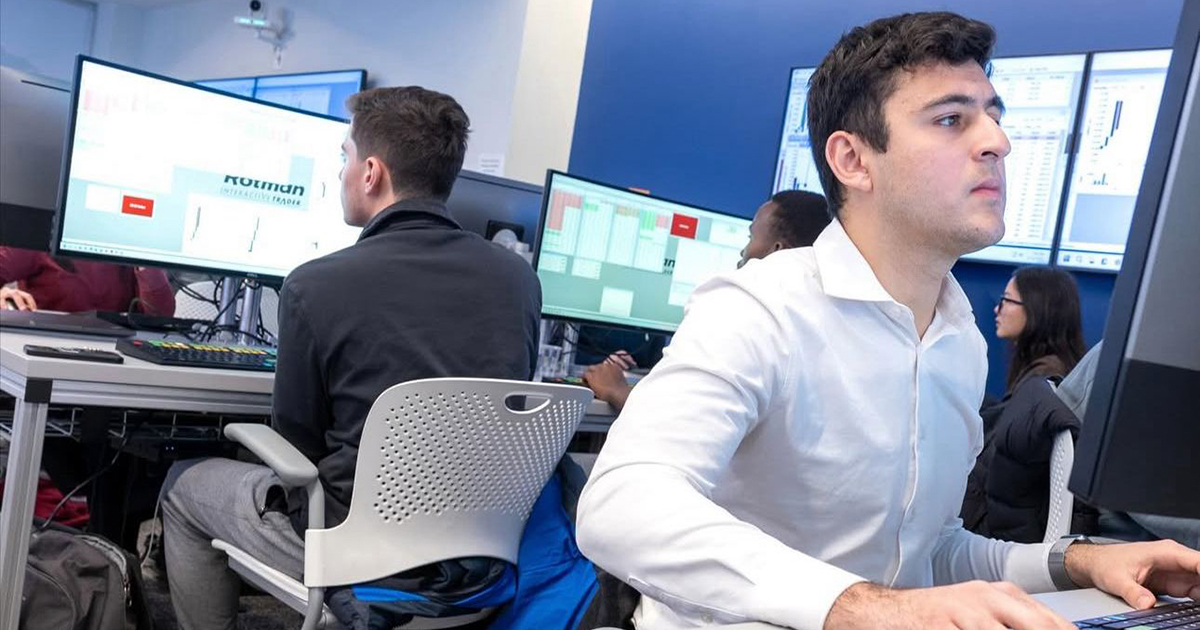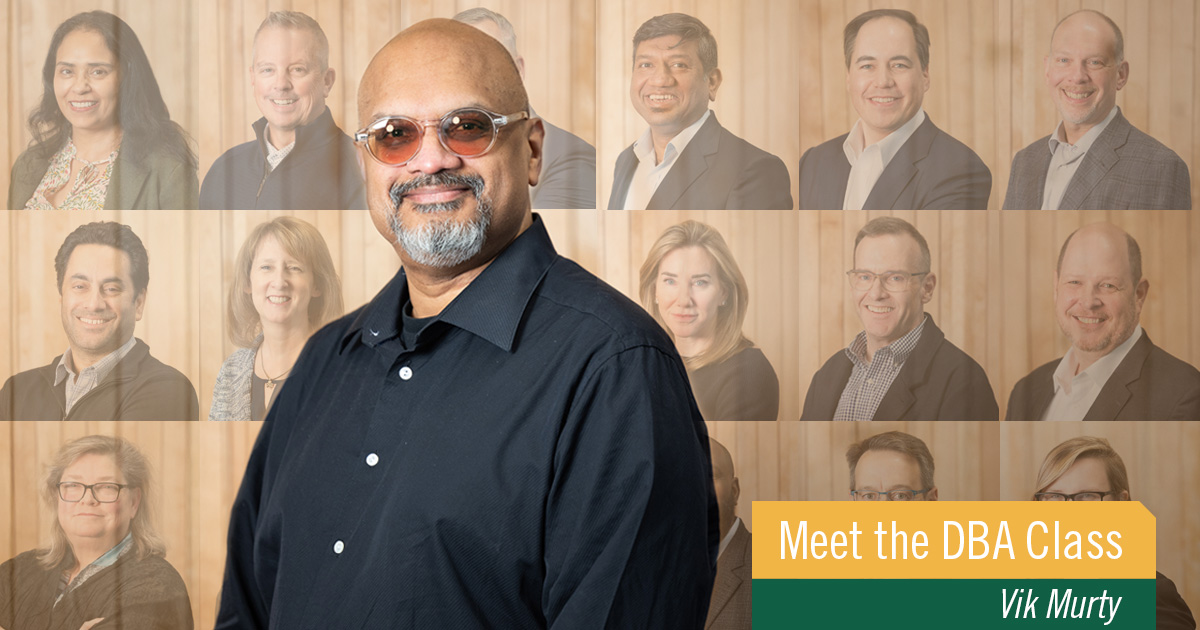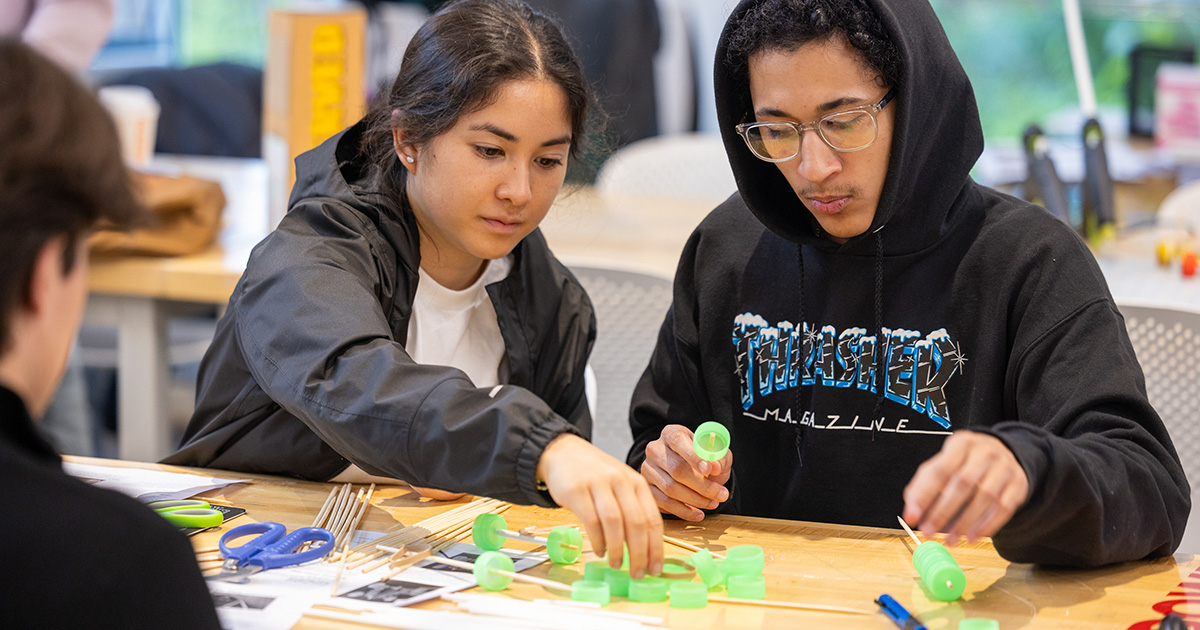5 Things the Next Gen Should Do When Joining a Family Business

How can a next-generation leader successfully enter the family business?
According to the Global Entrepreneurship Monitor’s (GEM) Family Entrepreneurship Report, 75% of new businesses and 81% of established entities are family businesses. At Babson College, nearly half of the students come from a family business background—many of them poised to join their family’s enterprise in the future.
Nulsen Family Executive Director Lauri Union, at the Institute for Family Entrepreneurship (IFE) at Babson College, knows firsthand how difficult it can be to enter the family business as the next generation. At 27, she became president and CEO of her family business, Union Corrugating Company, leading it from the verge of collapse to profitability, ultimately making it an industry leader.
Union interviewed 20 Babson alumni who have joined a family business to uncover their successes, and their challenges.
“I found these interviews really fascinating because although their specific circumstances are unique, a clear pattern emerged as to what led to success,” Union said. “It’s certainly not all up to the next gen to make things work out well, but there are specific things the next gen can do to achieve this goal.”
Drawing from her personal experience, as well as the research interviews, she identified five steps for the next generation to successfully enter a family business.
Be Self-Aware
Engaging with family in business can mean entering a world full of expectations. But, stepping into the older generation’s shoes can feel like trying to fit a square peg into a round hole. Union says it is critical to develop a clear vision of yourself and your personal goals, as well as the skills to successfully communicate them, before joining a family business.
Felipe Valderrama MBA’19 repaired a previously strained relationship with his father and launched a fintech startup connected to his family’s business. This was possible, he said, thanks to the IFE’s Peer Forum program; in it, he discussed his aspirations with his father in a conversation guided by empathy and shared understanding.
Take a Journey of Appreciation
The younger generation may encounter resistance, even conflicts, when bringing new ideas to the family business. In some cases, Union said, this is because they did not spend the time to understand the business’s legacy and values.
Sarah Switlik Brooks ‘11 joined her fourth-generation family business after working at a major retailer for several years. She quickly realized that in order to grow, the company needed to recruit non-family leaders. Her father, who had never worked outside the family business, agreed, but his management style was a major impediment: His forceful demeanor in meetings could be demotivating to the employees.
Frustrated, Brooks tried a new approach. She asked her father about his experiences in the company, and learned his behavior was a softer version of how he had been treated in the past. By deploying empathy and curiosity rather than judgment, she developed renewed appreciation for her father, and they have since worked together to shift the company culture to support their strategic plan.
Enter Strategically
A next-generation family member’s first years in the business provide an opportunity to learn all aspects of the company. They can “ask dumb questions,” Union said, and establish their reputation as a respectful and collaborative leader—not an entitled family member.
At a young age, Larry* joined his multigenerational family business as the designated future leader. “For the first six months, I sat in my father’s office and did pretty much nothing,” he recalled. He became interested in marketing, which became his main focus. “Now, 20 years later, I am happy to report that my initiatives have been extremely successful; however, my understanding of the operations side of the business is not as strong as I would like for it to be. But, since I have been CEO for so long, I can’t just ask our ops people—so, tell me about what you do here. This has been a missed opportunity for both me and the business.”
Check Your Ego
Working in a family business is more than individual performance; it can resurface sibling rivalries and expose strained parent-child relationships, among other familial strife. These challenges become magnified when they intersect with the need to “be right” around business decisions, Union said.
“Reframe what you want to be right about,” Union advised. “Rather than being right about individual decisions, be right about fostering the long-term family relationships and value creation stream that meets the needs of ourselves and individuals and the family.”
For Nick Ragland MBA’00 and his brother Pete, who served as co-presidents of their family business, Gorilla Glue, each brought a different set of skills. They recognized and valued their differences; their combined efforts contributed to the overall success of the company. “Both Pete and I are egoless,” Nick said. “We just wanted what’s best for the business. It doesn’t matter whose ideas get implemented, as long as they are the best ideas.”
Make Your Mark
“Once you’ve achieved the above, you are well positioned to propose changes and new directions that will make a positive difference in the business,” Union said. “Taking this step too soon could have led to your ideas being thwarted.”
After working in a Boston-based startup, Kunal Amalean ’12 knew he wanted to create a startup in his family business, MAS Holdings, South Asia’s largest lingerie manufacturer. But he also knew that he needed to understand the core business first. He spent the first couple of years building trust, working at a factory in Indonesia and learning about the core operations. His strategy worked and Runway Kit is now a successful intrapreneurship startup leading the way for MAS to address the rapidly changing fashion industry.
*Wished to remain anonymous so as to respect confidentiality. We have chosen an alternative name in this story to honor his request.
Posted in Insights



